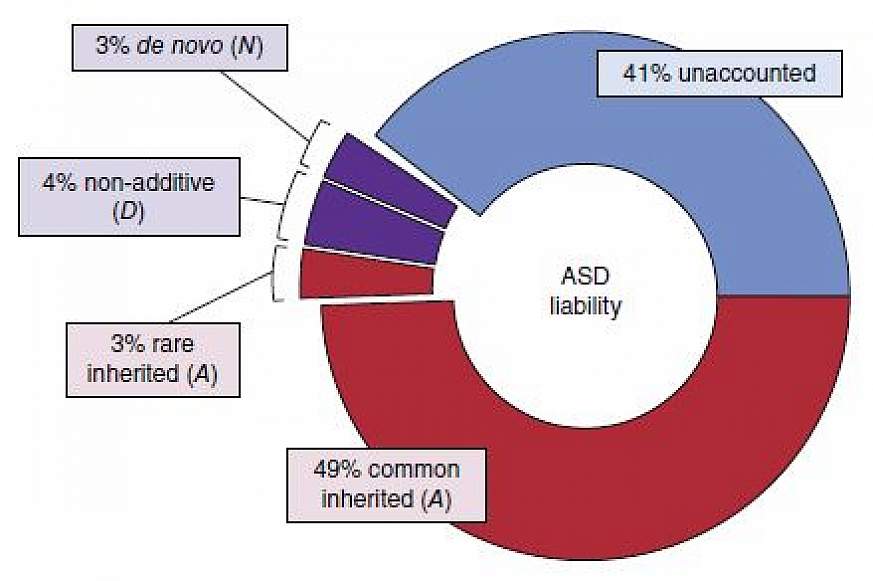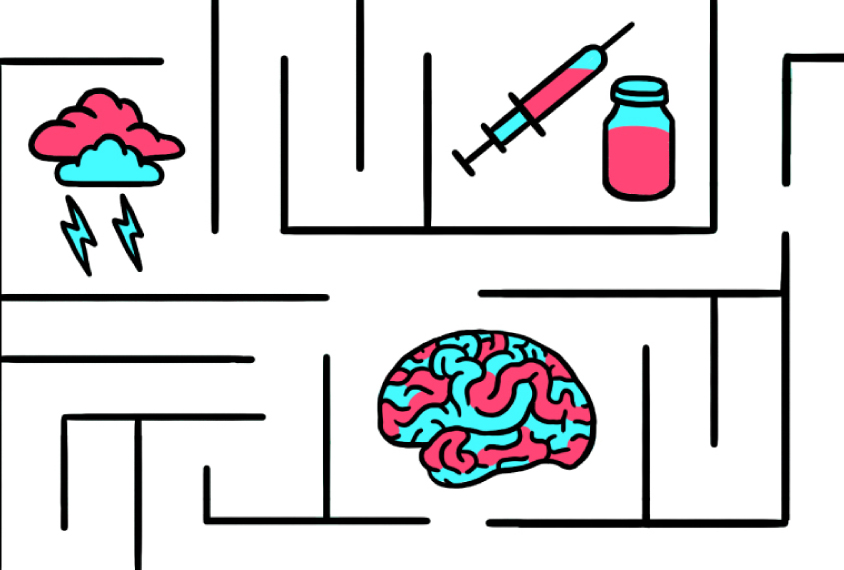Etiology
The exact cause of autism spectrum disorder (ASD) is unknown, but it is believed to involve a combination of genetic and environmental factors. Research suggests that certain genes may make a person more susceptible to developing ASD, but additional factors such as prenatal exposure to toxins, maternal infections during pregnancy, and complications during birth may also play a role.

Genetic Factors

Environmental Factors
Pathophysiology
ASD is associated with abnormalities in brain structure and function, although the specific mechanisms underlying these abnormalities are not fully understood. Studies have shown differences in brain volume, connectivity, and neurotransmitter activity in individuals with ASD compared to neurotypical individuals. These differences may contribute to the characteristic symptoms of ASD, including difficulties in social interaction, communication, and repetitive behaviors.

Brain Differences
